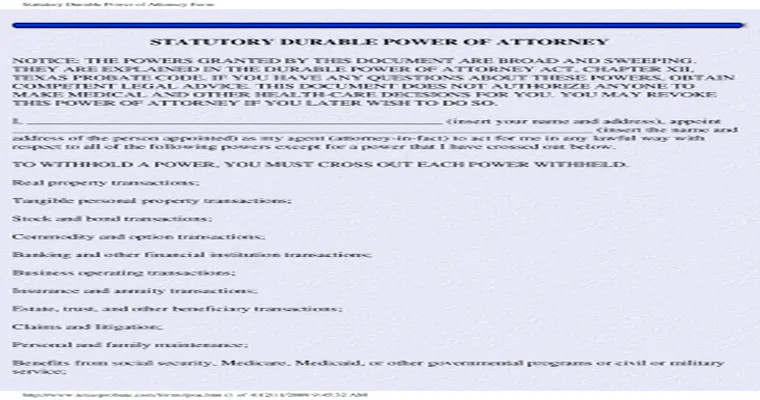Dealing with a "mentally ill elderly father" can be an incredibly challenging situation that often leaves family members feeling overwhelmed and unsure of how to proceed. It is essential to approach this sensitive topic with care, empathy, and a clear understanding of the available options. Whether you are seeking to get him the "help he needs" or considering the difficult decision of how to "remove him from your life", there are steps you can take to navigate this complex emotional landscape.
Understanding the Situation
Before taking any action, it is crucial to gain a comprehensive understanding of your father's mental health condition. This may involve researching his specific illness, whether it be "dementia", "depression", or another mental health issue, as well as how it affects his behavior and day-to-day functioning. By knowing more about his condition, you can better empathize with his struggles and identify appropriate resources for assistance.
Seeking Professional Help
If you are concerned about your father's well-being, the first step is to encourage him to see a medical professional. This may include a psychiatrist, psychologist, or geriatrician who specializes in treating elderly patients. If he is resistant to seeking help, consider scheduling an appointment for yourself with a mental health professional who can offer guidance on how to approach the situation. They can provide you with strategies to communicate effectively with your father and encourage him to accept help.
Engaging Family Support
Involving other family members can be beneficial in addressing the needs of your mentally ill elderly father. Open discussions about the situation can lead to a shared understanding and a collective approach to finding help. Having a support network can also alleviate some of the emotional burden you may be experiencing. Family members might have insights or suggestions for resources that you hadn’t considered.
Exploring Community Resources
Many communities offer resources for families dealing with elderly mental health issues. Look for local support groups, counseling services, or adult day care programs that can provide assistance and respite for caregivers. Organizations such as the "National Alliance on Mental Illness (NAMI)" can also be invaluable in providing information and support.
Considering Legal Options
If your father is unable to make sound decisions regarding his health and safety, you may need to explore legal options such as guardianship or power of attorney. This process can be complicated and often requires the assistance of a legal professional who specializes in elder law. Understanding your rights and responsibilities as a caregiver is essential, especially if you feel that he poses a risk to himself or others.
Evaluating Your Own Well-Being
Caring for a mentally ill elderly father can take a toll on your mental and emotional health. It is vital to prioritize your own well-being during this time. Consider seeking therapy or support groups for caregivers to share your feelings and learn coping strategies. Setting boundaries is also essential; know when to step back and take care of yourself.
Making Difficult Decisions
If, after exhausting all options for help, you find that the situation is detrimental to your mental health or safety, you may need to consider removing him from your life. This is a deeply personal decision that requires careful consideration of the consequences for both you and your father. It may involve seeking professional advice to navigate the emotional and legal complexities involved.
Conclusion
Navigating the challenges of caring for a "mentally ill elderly father" requires patience, understanding, and support. By seeking professional help, involving family, exploring community resources, and prioritizing your own well-being, you can find a path that works for both you and your father. Remember, it is okay to ask for help and to make decisions that are best for your mental and emotional health.





